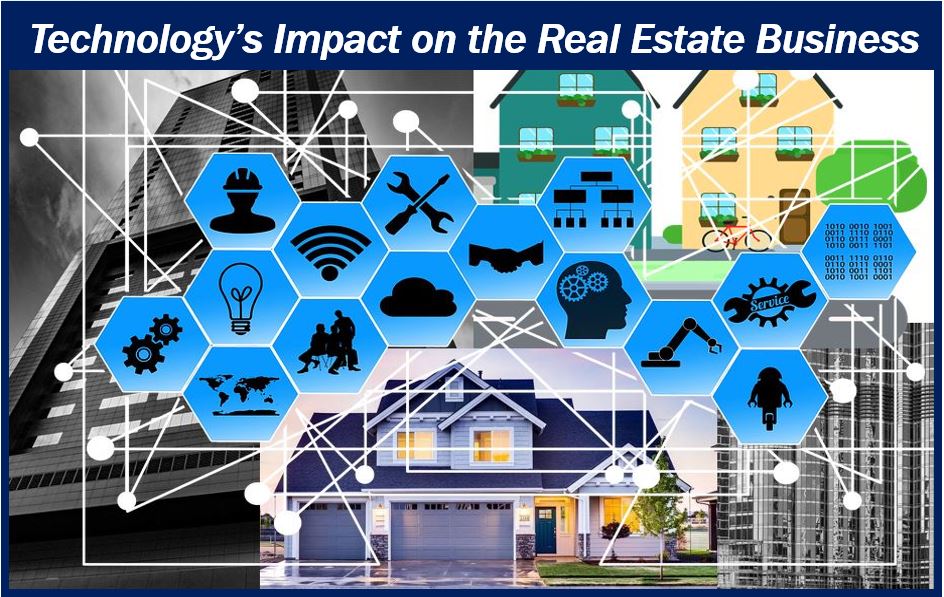Technology and Real Estate
Technology is a critical factor in the success of the real estate industry. This is because it allows the industry to increase efficiency and reduce costs while also delivering a better buying experience for the consumer.
How Technology Affects the Way People Buy and Sell Homes in 2023
Today, technology is a crucial part of the home selling process. It can help the buyer find a house faster and more efficiently than ever before and make the whole transaction more transparent and convenient for both buyers and sellers.
The impact of technology on the real estate industry has changed significantly over the last few years, and it is only expected to grow further. Tech is now integral to real estate – from designing an apartment to procuring raw materials to construction, marketing, and sales. One of the most common ways technology affects how people buy and sell homes is through mobile apps and websites. These apps allow users to search for and compare properties quickly and efficiently, allowing them to make the best decision possible.
This is especially true for millennials and Generation Z, who have grown up with smartphones and prefer using them to search for homes. This trend is only set to continue as more and more consumers use technology to buy and sell their homes.
AI-Powered Personalization: Artificial intelligence is transforming how the real estate industry works by utilizing several algorithms to analyze user behavior and match them with property listings that suit their needs. These algorithms are then used to create a customized, personalized home search experience for consumers, ensuring they have the best home buying or selling experience.
Virtual Reality: With the emergence of virtual reality in the real estate industry, it has become much easier for customers to see property options through virtual tours available remotely. This is especially true in the COVID era, when buyers can now view a property they’re interested in without visiting it in person.
Big Data: The deluge of data collected from the real estate industry, including customer information, is helping agents and home buyers with deep insights into their potential home purchases. This data is then used to improve the marketing of homes, allowing agents to target their potential clients and provide them with a better experience.
Investing in Smart Building Technologies: Innovative home technologies like smart thermostats, security cameras, and home automation systems are increasing in the real estate market as more consumers want to stay connected with their homes and reduce monthly expenses by automating their everyday tasks.
The rise of innovative home technologies will change how we live in the future, making homes more comfortable, secure, and affordable. As a result, the demand for smart home devices will only increase in the coming years.

